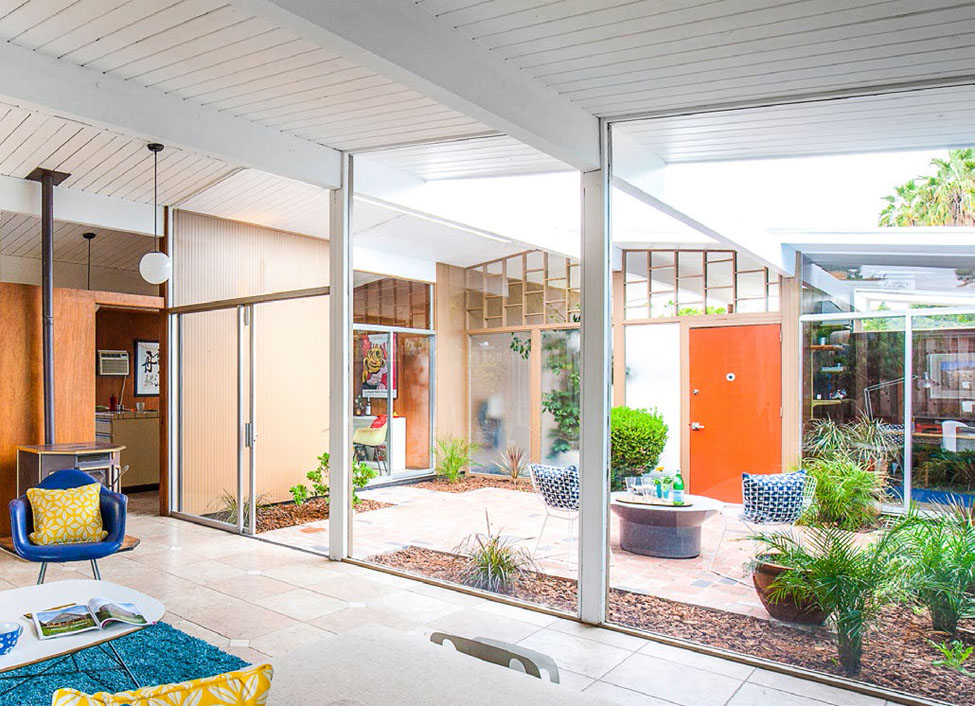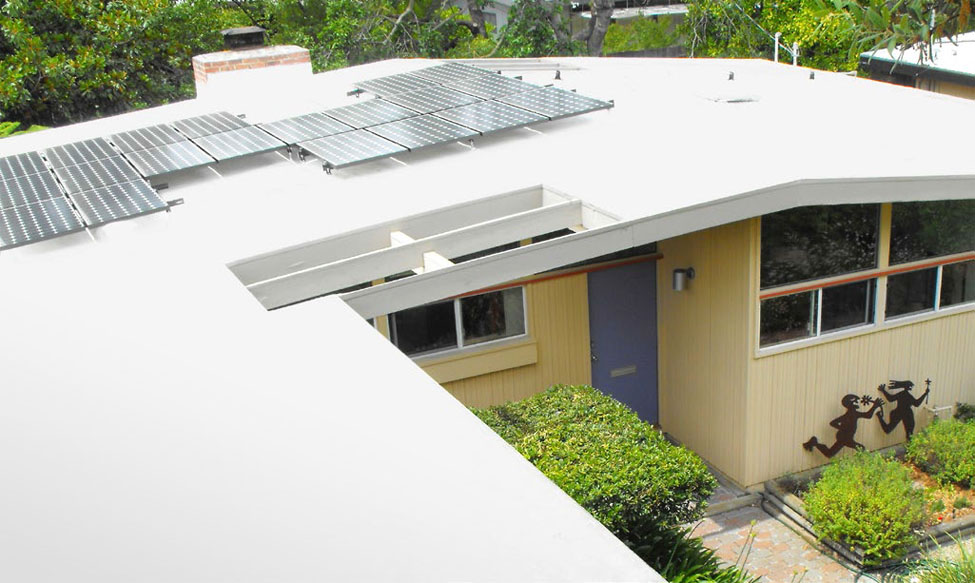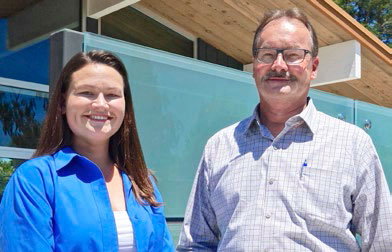Dazed & Confused - Page 2
 |
|
|
|
|
 |
|
|
 |
|
|
Beware going piecemeal
Where homeowners can go wrong is by doing projects in a piecemeal fashion, as repairs spring up or as homeowners are able to budget for improvements. In an ideal world, homeowners should plan out all the improvements and repairs they anticipate doing over time, and then map them out in an order that can take Title 24 requirements into consideration.
"A Iot of the advice I give to homeowners who are thinking about projects is what order to do things in," Klopf says. "Be careful, because you might wish you hadn't spent the money on something before, and now you can't pass code."
This matters particularly with energy-related systems. For example, if a home needs a new roof, whatever R-value you choose becomes a fixed value in your Title 24 report.
"If you go with an R-19 roof, for example, you can't in the future go back and go R-38 to make up for having a little less insulation in your windows—because you've already spent the money [a considerable sum] on the roof," Klopf says. "Most people don't have the budget to re-do costly projects."
Another example is if you want to replace your electrical system, but you already installed a foam roof. To practically pull off the electrical upgrade, you would have to penetrate the foam roof to run conduit.
Redundant remodeling
Klopf references a recent example in which his homeowner clients had to replace windows—not intended to be part of their new remodeling project—because the roof had already been done.
"They weren't upgrading the heating system, and we didn't have any other levers, so we had to just start pushing out windows," Klopf says. "Of course, the owners now have nice, new windows that will be more comfortable and energy efficient, but they didn't want to spend the money, yet had to for the project."
Unfortunately, there is no uniform resource, online or otherwise, available for building products that would be specified for a project. And even if there were (such as a list of Title 24-compliant light fixtures, for example), it doesn't mean each of those fixtures would be compliant for every project.
While some homeowners may not want to hire professionals for their projects, not doing so can potentially end up costing more than if they had budgeted for professional assistance.
"A vast majority of our clients want us to help them specify a specific window or door that we talked about," Klopf says. "When you think about how something even as simple as a lighting fixture can knock you out of compliance, it makes you appreciate having professional help. There are so many requirements—we have a whole slew of boilerplate notes on our drawings just to pass code."
Windows and sliders
The new codes require that any replacement doors and windows meet Title 24 requirements. Under the prescriptive method, every door and window must meet the maximum energy requirement, with no exceptions. Common replacements for the prescriptive method are vinyl frames with low-e glass.
However, traditional vinyl windows do not satisfy the aesthetic preferences of most MCM homeowners. Under the performance method, homeowners can install doors and windows with higher energy values, such as aluminum windows, as long as there are offsetting measures installed elsewhere in the house.
Some common replacements in an Eichler home are the large fixed-pane windows, smaller sliding windows, and sliding-glass doors.
Changing a fixed window to an operable one is generally not recommended because it can interfere with the aesthetic and disrupt sight lines.
Thin, aluminum-framed replacements, such as those manufactured by the Arcadia and Blomberg companies, offer the preferred aesthetic among MCM owners, architects, and contractors.
"We like to do an aluminum solution when we can, but [with code compliance in mind,] the aluminum solutions are just not as energy efficient, so you have to be very careful to pick just the right ones," Klopf says.




